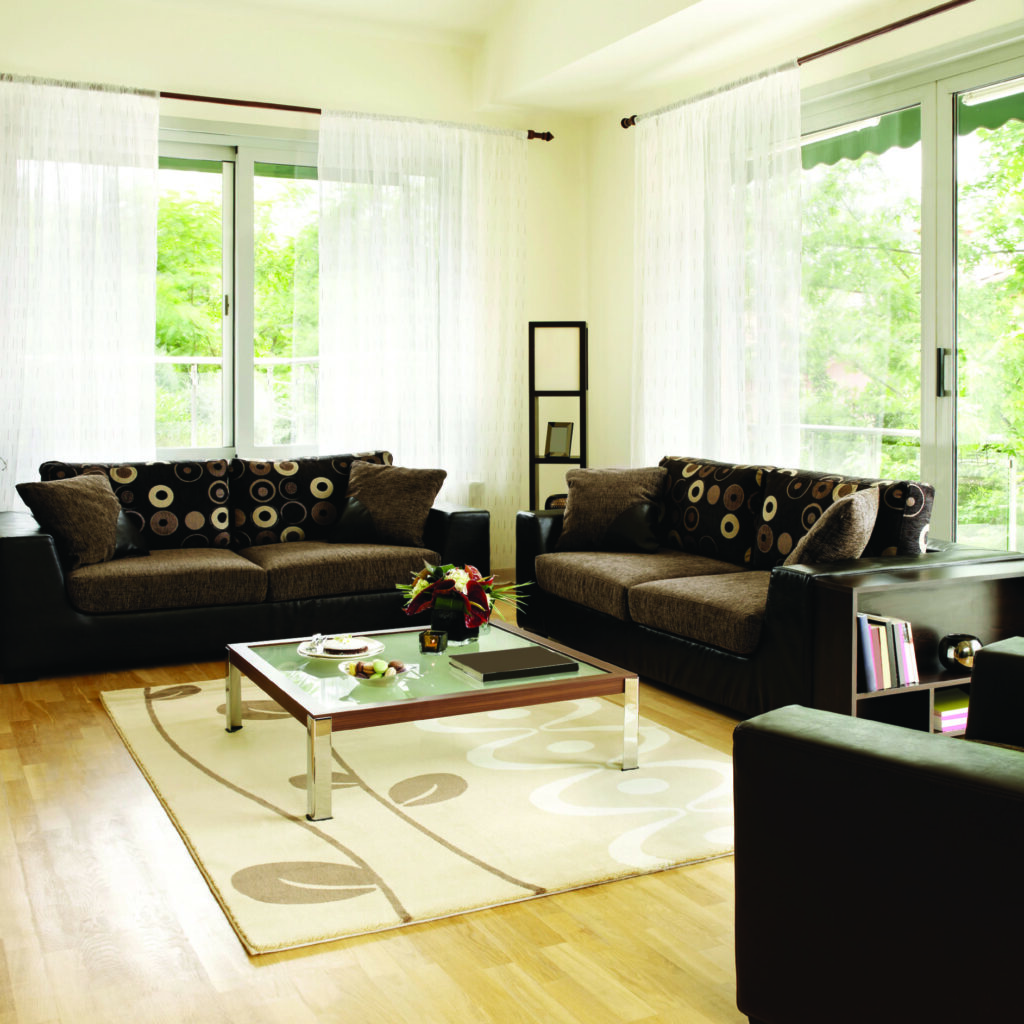Save Energy, Save Money, and Spare the Environment
Few New Year resolutions outlast the month of January – simply because for many, the effort required outweighs the results. Saving energy in your home saves you money and benefits the environment, the results far surpassing your time and investments.
Our carbon footprint is a measure of the impact our activities have on the environment. It relates to the amount of greenhouse gases produced in our day-to-day lives through burning fossil fuels for electricity, heating, transportation, etc. The less energy we use in-home, the lower our overall demand on power sources and power plants that produce energy and emit harmful pollutants.
According to Greg Epperson, an energy service technician with the Chattanooga Electric Power Board, the first step to saving energy at home is the in-home energy evaluation program, a detailed analysis resulting in a list of ways to make your home more energy efficient. Freely offered to EPB customers, the evaluation is an opportunity to partner with experts to make sweeping, often inexpensive improvements on the use of energy in your home.
“Sometimes you have to spend a little money to save money,” says Epperson. “Typically the air sealing and insulation is really a low cost in the scheme of things, and there’s a quick payback.”

Below are some other simple ways you can start living green this summer.
Cooling
Heating and cooling use more energy than any other element of home maintenance. As the temperature rises, you can cut operating costs in half by keeping your thermostat at 78 rather than 70 degrees. If your house is empty during the day, raise the thermostat five degrees while you’re away.
Keep televisions, lamps and other heat generating appliances away from your thermostat, as they will skew the temperature reading, causing your system to work unnecessarily. Keep doors, windows and chimney dampers closed whenever possible. Supplement your cooling system with fans or a window-unit, which help circulate your air, allowing you to raise your thermostat as much as four degrees with no loss of comfort.
Consider a ventilation fan to expel excess heat gathered in your attic throughout the day. Insulate your attic, basement, and any accessible exterior walls, and wrap your water-heater in blankets or foam. Remember to replace your air conditioning filters every month. Keep dust off the vents, and clear away anything blocking proper ventilation.
Windows and Lights
Awnings and shades on windows will reduce the amount of heat that enters your house. The lighter the color of shade or awning, the more heat will be repelled. Prioritize windows facing east or west, as they will receive the majority of sunshine. For those able to invest a bit, install doublepanes of glass to increase your retention of cool air. If the temperature cools in the evening, open your windows and turn off your cooling unit. In the morning, close your windows and draw the blinds or curtains, capturing natural cool air.
Turn off unneeded lights and take advantage of daylight. Gather daylight from southern and northern windows that keep glare or heat from coming in with the natural light. As much as 90 percent of the energy consumed by traditional incandescent light bulbs is turned into heat rather than light. Consider installing compact fluorescents, which use 75 percent less energy and last 10 times longer.
Appliances
Keep your refrigerator running efficiently by replacing old seals and regularly cleaning the coils. Only run full loads of dishes and laundry to save water and power. Air drying dishes and hanging clothes up rather than using the dryer will save energy and keep extra heat from being released. Likewise, to keep from overusing your air conditioning, at meal times, cook with pots and pans with tight-fitting lids on low heat, use the microwave and cook outside rather than using the oven.
If you really want to make a difference, living green can start this summer in your own home. The impact on your wallet will be immediate; the benefits to the environment will be everlasting.

